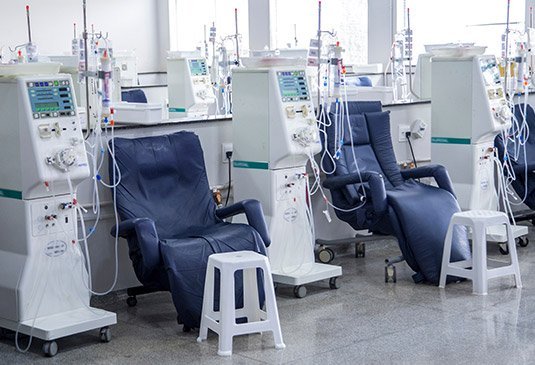
What is the cost of kidney dialysis in India?
Dialysis is a procedure to clean the blood and filter it free from toxins and other waste materials. Dialysis is also known as kidney dialysis. The 2 types of dialysis are hemodialysis and peritoneal dialysis of which hemodialysis is most commonly used.
Haemodialysis: A machine (artificial kidney) is used to filter the blood. The process is performed in a hospital/clinic setting several times a week. Each session of hemodialysis lasts for more than 4 hours and is usually given 3 times a week.
Peritoneal dialysis: This lesser performed procedure makes use of the peritoneal membrane, that is the lining of the abdomen, to filter blood.
How much does Dialysis Treatment cost in India?
The average cost of Dialysis Treatment in India is approximately Rs. Rs 4000 to 15000. However, the prices may vary depending upon the hospitals in different cities.
What is the average cost of Dialysis Treatment in Hyderabad?
The cost of Dialysis Treatment in Hyderabad depends upon multiple factors and ranges from Rs. 4000 to 12000 .




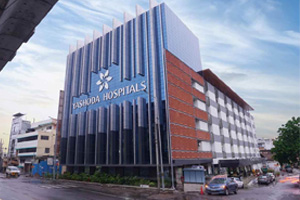
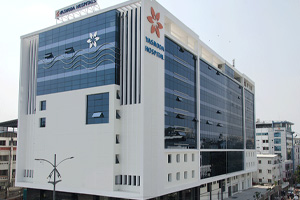
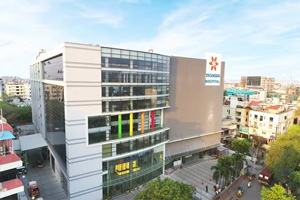
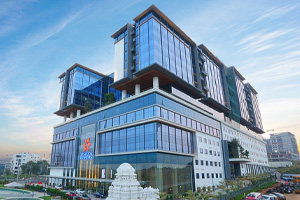
 Appointment
Appointment WhatsApp
WhatsApp Call
Call More
More

